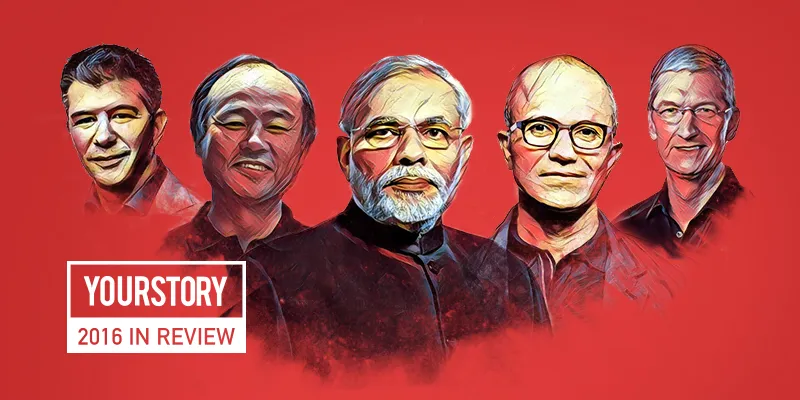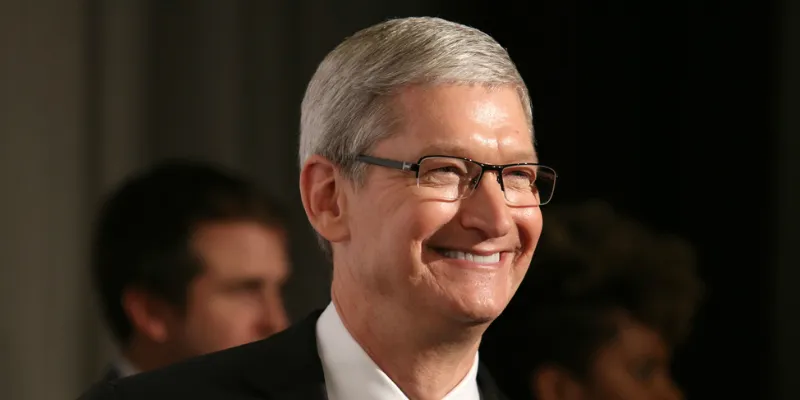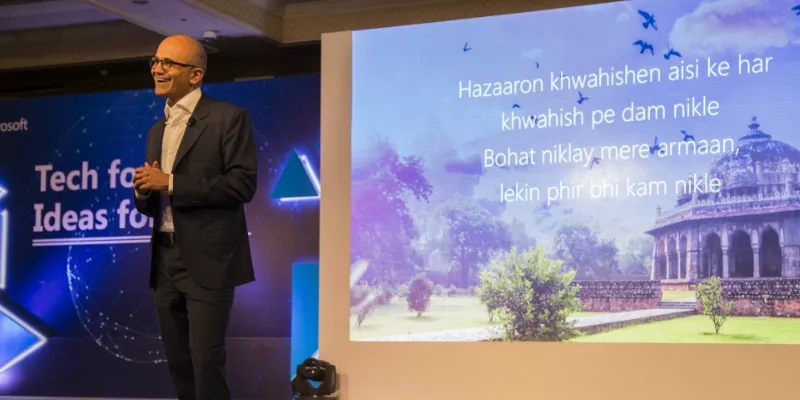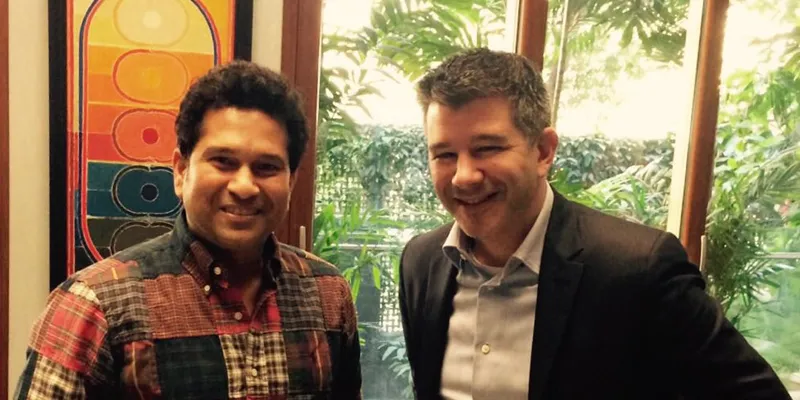2016: The year that Silicon Valley wooed India
Prime Minister Narendra Modi's maiden trip to Silicon Valley attracted much fanfare. A bunch of tech titans followed him back to India this year. Did they have the same effect?
As Air India One touched the tarmac at San Jose late September 2015, it marked Prime Minister Narendra Modi’s maiden visit to Silicon Valley. Narendra Modi said,
It’s a great pleasure to be here in California. It is one of the last places in the world to see the sun set. But, it is here that new ideas see the first light of the day.
It was the beginning of a relationship filled with promise to fulfil Modi’s vision of technology playing a role to shape the future of the largest democracy in the world. Silicon Valley reciprocated by endorsing his ambitious Digital India program with a spate of key announcements ranging from data centres to digital literacy.

It was only a matter of time before the might of the global technology world descended to India. Facebook’s Mark Zuckerberg and Google’s Sundar Pichai kicked off the procession in 2015 visiting India in October and December respectively.
As the year nears closure, let’s review the trips made in 2016 and what they bore for Prime Minister Modi’s vision of a digital India.
Tim Cook
The Apple CEO made his way to India in May 2016. Unlike many of his contemporaries who have entered India with a bang, Apple has taken a more incremental route to growth by setting up first-of-a-kind Design & Development Accelerator in Bengaluru. As the third largest smartphone market in the world, India has been a key growth market for Apple. Tim Cook’s ambitious plans to sell refurbished Apple products in India went in vain as Prime Minister Modi firmly made clear, Make in India. Cook’s Mumbai leg of the trip saw him securing strategic ties with the honchos of India Inc and partying it up with the Badshah of Bollywood Shah Rukh Khan.

Satya Nadella
Fresh on the heels of Apple counterpart Tim Cook’s visit, Nadella made his third visit to India since taking the top job at Microsoft. Microsoft with Nadella has been on a path of reformation and it is clear that India is a key market that will hinge Microsoft’s success. At an event on stage, Nadella professed that poetry and computer science played a pivotal role in realising his dreams not before quoting poet Mirza Ghalib’s ‘Hazaaron Khwahishen Aisi, leaving the audience spell bound.

Travis Kalanick
Kalanick, the brains behind $66 billion behemoth Uber, has already visited India twice in 2016 and has embraced India well. From jugaad, chess, and entrepreneurship to cricketers, ministers, and entrepreneurs, Kalanick’s visits are as colourful as his journey. While there has been a raging debate for a protectionist policy against global players, Kalanic and Uber seem to have found their mojo in India and are here to stay. Uber announced uberMoto which goes live in 2017 and will become one of Hyderabad’s cheapest modes of public transport. As Uber fights to dominate the $10 billion ride-sharing market in India, innovation, and customer experience will be key.

Masayoshi Son
Though not a Silicon Valley-based company, Softbank has certainly had an eventful 2016 - A high profile exit, a $31 billion acquisition, and $555 million write down of its India investments. Masa as he is fondly known, was here earlier this month, cheque book in hand and committed to deploying ‘at least $10 billion’ in India. Ravi Gururaj- Product Council Chairman & Executive Council Member at NASSCOM, shared that Son was a relentless dreamer who dreams only super big and very long-term both at the same time. Both qualities we hope will stay and guide his plans for India.

At the Carnegie Global Summit held in Bengaluru recently, Sachin Bansal, Executive Chairman of Flipkart said,
We need to do what China did -- we need to tell the world we need your capital and not your companies.
Begs the question, what do all these visits mean for the Indian economy? One could retort that time will tell. However, the truth is, our economy has thrived and flourished on the existence of foreign companies, capital, and competition. We live in a reality of freedom that we can afford because of the existence of a free market. As India embraces these global tech giants with open arms, we hope they live up to the promises they make.






